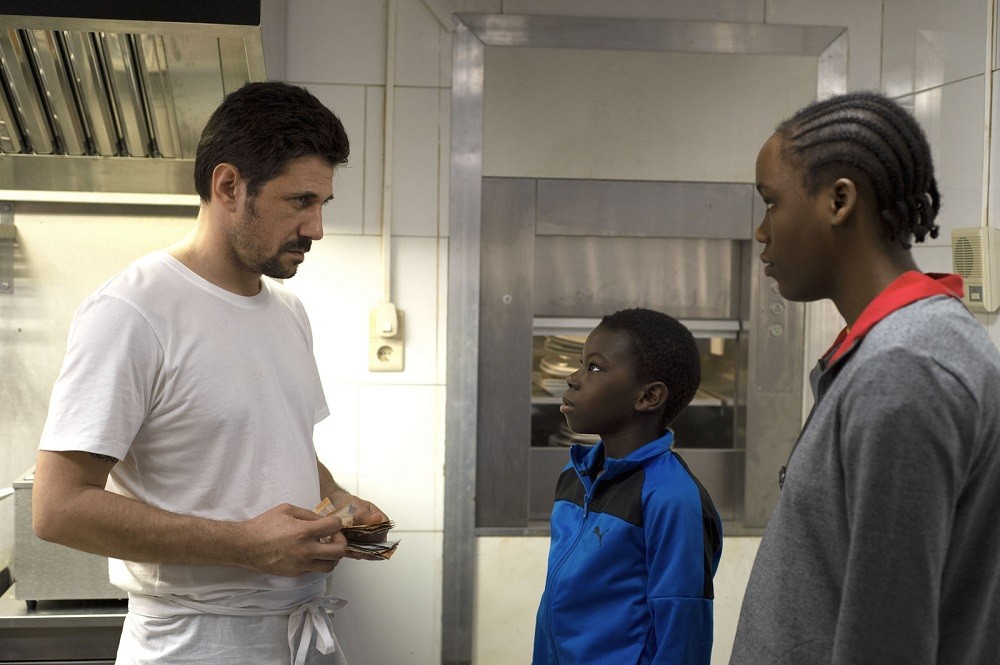Tori and Lokita highlights the irreducible nature of human dignity against the ever-increasing apathy of our civilization. The film offered Luc and Jean-Pierre Dardenne a completely unique award on the Cannes list (special 75th anniversary prize created especially for them by Vincent Lindon’s jury).
The Dardenne brothers strike hard once again, who have already spent the past three decades carving diamond-sharp moral dramas out of the plight of those most in need. This time, they were challenged by the situation, and in particular loneliness, unaccompanied foreign minors following meetings with several MENA Center directors.
This is what they were able to explain to the team of La Cimade, partner for the release of the filmcame to meet them. The association founded shortly after the start of the Second World War by Protestant youth movementsand member of the Protestant Federation of Francenaturally found in Tori and Lokita an artistic material with the power of advocacy and joining its commitments for the defense of the dignity and rights of refugees and migrants, regardless of their origins, their political opinions or their convictions.
A fair and powerful film where we will enjoy delivering their story in less than an hour and a half of footage, without superfluous frills, extra-diegetic music, or cheap attempts to tug on our heartstrings in an unrealistic or unrealistic way deserved. Quite simply what is needed, what is necessary to denounce unacceptable situations.
The two directors wish for their parts “that at the end of the film, the spectator who will have felt a deep empathy for these two young exiles and their unfailing friendship, also experience a feeling of revolt against the injustice that reigns in our societies. »
They manage brilliantly to show the noose of the dangers which tighten on Lokita and Tori. The need for Lokita to send money to her mother in the country while she herself is extorted by an ignoble African smuggler who uses the Church as a screen. And all the gears that are obviously falling into place… Lokita sells drugs for the benefit of a cook who, in addition, sexually abuses her.
Against the promise of false papers, he forces her into a form of slavery (and separates her from Tori) for several months to work, in the basement of an abandoned factory, growing cannabis plants. It is thus these new traffics that the filmmakers also point the finger at, these farms of the poorest happening there, in the very heart of our cities and our countryside, and where a certain complacency of the state can be observed indirectly.
For such a story it was necessary two great actors. The Dardennes opted for non-professionals who live in the region of Liège in Belgium. Mbundu Joely (Lokita) is surprisingly intense because her role is very difficult. In particular because his character, himself in the story, plays a role and finds himself embroiled in a struggle to survive and protect his “family” here and there. With her, the “little brother”, Pablo Schils (Tori), is just perfect with remarkable aplomb.
The Dardennes once again raise a social indictment with familiar clarity but undoubtedly renewed force. They still bear witness, despite everything, to an unshakeable faith in the purity of family love, literally and figuratively. With Tori and Lokita, they finally give faces and names and a story to vulnerable young migrants who unfortunately usually remain anonymous.
A film not to be missed this week, such a human and spiritual emergency!
The interview of the Dardenne brothers by a team from La Cimade:

